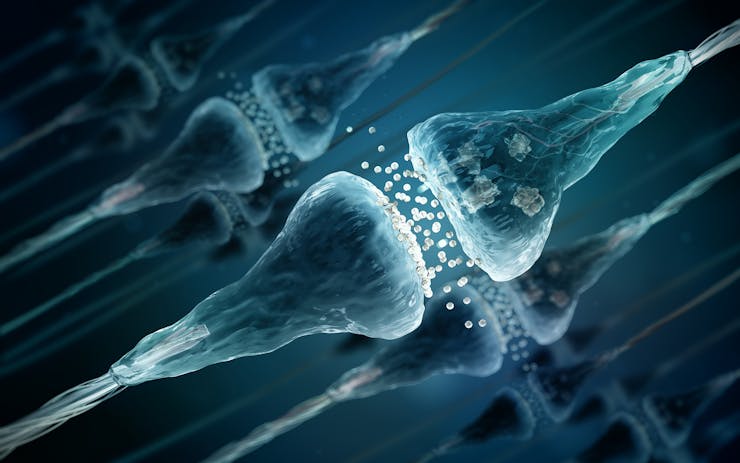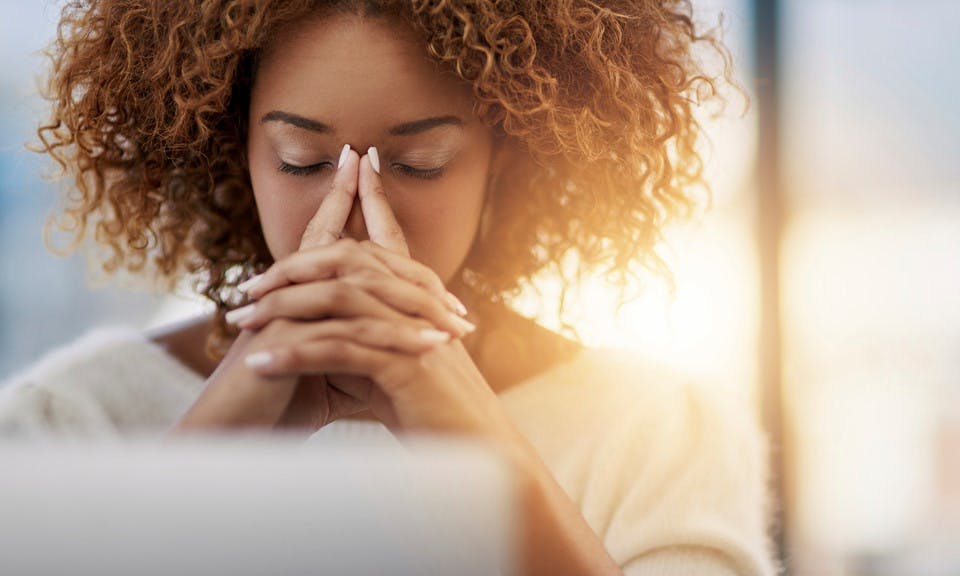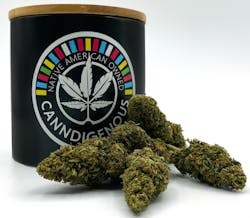In 2015, the National Institute of Health allotted $21.2 million of its $111 million cannabinoid research budget towards projects exploring the medicinal potential of these compounds. These projects proposed to manipulate the body’s endocannabinoid system, either by modifying endocannabinoids or with phytocannabinoids from the cannabis plant.
While the primary psychoactive phytocannabinoid, delta 9-THC, has acknowledged medicinal value, cannabidiol (CBD) is widely known for its broad range of potential medicinal uses. In recognition of CBD’s vast potential, over $9 million in grants were awarded in 2015 to fund CBD-specific medicinal research.
Much of this research has centered around the treatment of epilepsy, with studies showing that CBD has significant potential for treating the condition in children at high doses. A daily dose over 600 mg reduced seizure frequency by 39%. While this is a far greater amount than you’d find in many of the CBD consumables available at your local dispensary, many retail CBD products with lower levels of the cannabinoid are reported to be effective at treating anxiety, pain, and a host of other disorders, either through self-experimentation or anecdotal reports.
So why not crank up the CBD dose to reduce your anxiety? If a little is good, shouldn’t a lot be better? It turns out that for CBD, the answer is no; CBD’s medicinal efficacy might require a particular dose range. Call it a “Goldilocks Zone,” where there’s not too much CBD but not too little, either.
Intriguingly, this Goldilocks Zone differs for each disorder. For instance, CBD appears to treat anxiety at relatively low doses compared to the high doses used to treat epilepsy.
Overshooting the Goldilocks Zone when trying to treat a given condition may reduce the efficacy of CBD. An animal study published back in 1990 found that low to moderate CBD doses reduced anxiety, but CBD’s anti-anxiety effect disappeared at higher doses. Importantly, the authors note an inverted-U response to CBD. Out of the four doses tested, the lowest dose had a moderate anti-anxiety effect, the second-lowest dose had the greatest anti-anxiety effect, the third dose had a moderate effect, and the highest dose had no effect.
While it may sound out of the ordinary, this “inverted-U” effect is actually quite common among drugs that affect multiple brain receptors, as CBD does. In fact, 37% of published toxicology articles report some degree of an inverted-U response, indicating that this is not a random event but instead reflects differential drug effects on brain targets.

Different doses of CBD may actually be more beneficial, depending on the ailment or condition being treated. (Leafly)
The wide spectrum of CBD’s medical indications—it is used as a treatment for pain, anxiety, post-traumatic stress disorder, and other conditions—reflects its diverse set of brain and body targets. Since each of these many medical problems is impacted by CBD acting on specific receptors in the brain and body, differences in sensitivity for these targets may underlie CBD’s inverted U-response and define its Goldilocks Zone.

Right: The brain contains a huge a number of brain cells (neurons). Each neuron, represented here as a hexagon, is connected to many others. Left: The synapse is the site where two neurons communicate with each other. The “sender neuron” releases chemical signals called neurotransmitters, which stimulate receptors on the “receiver neuron.” There are many different receptor types in the brain, each one sensitive to different neurotransmitters. (Leafly)
Renowned cannabinoid pharmacologist Roger Pertwee described CBD actions at low, medium, and high doses in an oft-cited review published in The British Journal of Pharmacology. As expected, low doses of CBD impact fewer neural targets than high doses. At relatively low doses, CBD can block endocannabinoids like anandamide and phytocannabinoids like delta 9-THC from interacting with receptors in the nervous system. This blocking action is thought to explain CBD’s ability to reduce the adverse effects that can accompany delta 9-THC exposure such as anxiety.

Left: THC directly stimulates the CB1 receptor. This interaction underlies the major psychoactive effects of Cannabis consumption. Right: CBD reduces, or “antagonizes,” THC’s ability to stimulate CB1 receptors. This can decrease some of THC’s effects, especially negative effects like anxiety and short-term memory impairment. (Leafly)
CBD’s anti-anxiety effects can also be attributed to its activation and enhancement of specific serotonin receptors. Serotonin is an important neurotransmitter involved in mood regulation and stress response; low serotonin levels are thought to contribute to conditions including generalized anxiety disorder and major depression. A common pharmacological treatment for these conditions involves enhancing the amount of serotonin available in an effort to activate the receptors using selective serotonin reuptake inhibitors, or SSRIs.
Shop highly rated dispensaries near you
Showing you dispensaries nearRodent studies of CBD in anxiety and stress reveal that CBD similarly enhances serotonin receptor activation. In rats, a low-to-moderate dose of CBD has anti-anxiety effects following a stressful period of restraint (the rat equivalent of being placed in a straitjacket for an hour), but these anti-anxiety effects go away when the serotonin receptor 5-HT1a is blocked ahead of time. This suggests that low doses of CBD near the peak of the rodent’s inverted-U response reduce anxiety by activating 5-HT1a receptors.
Similar CBD doses in humans have been shown to be effective at reducing anxiety in individuals with generalized social anxiety disorder, and low to moderate doses are effective at reducing stress and improving performance in a simulated public speaking event. These positive effects are associated with a restoration of normal brain activity in key regions associated with anxiety and emotional dysregulation.
The positive effects of CBD in treating anxiety are experienced at about 25% of the dose used to treat epilepsy. That higher effective dose level reflects additional CBD brain targets beyond those active in treating anxiety.
While CBD activation of 5-HT1a receptors is insufficient to protect against seizures, a promising target for CBD’s antiepileptic effects is the receptor GPR55, which initiates a cascade of events that can have diverse effects in brain cells. CBD is an antagonist of GPR55, blocking its function and altering brain activity in a way that may protect against seizures. When administered in higher doses, though, the benefits of lower concentrations may be lost. Anti-anxiety effects, for instance, seem to be obstructed while higher concentrations of CBD work to block GPR55 receptors.
Identifying CBD’s many neural targets and their sensitivity is an exciting area of ongoing research. But knowing the optimal CBD dose for treating different conditions is a critical component of successful CBD treatment. The current research suggests that anxiety and depression-related disorders (e.g., obsessive compulsive disorder, autism, acute stress) respond best to low-moderate CBD doses, while epilepsy responds best to higher CBD doses.
Being able to titrate CBD dosing for specific disorders will lead to more efficacious CBD-centric therapies and reveal treatment strategies that may be able to combat multiple ailments at once. CBD’s Goldilocks Zone for treating anxiety illustrates the need for an improved understanding of the compound’s therapeutic mechanisms, while highlighting its vast treatment potential.






